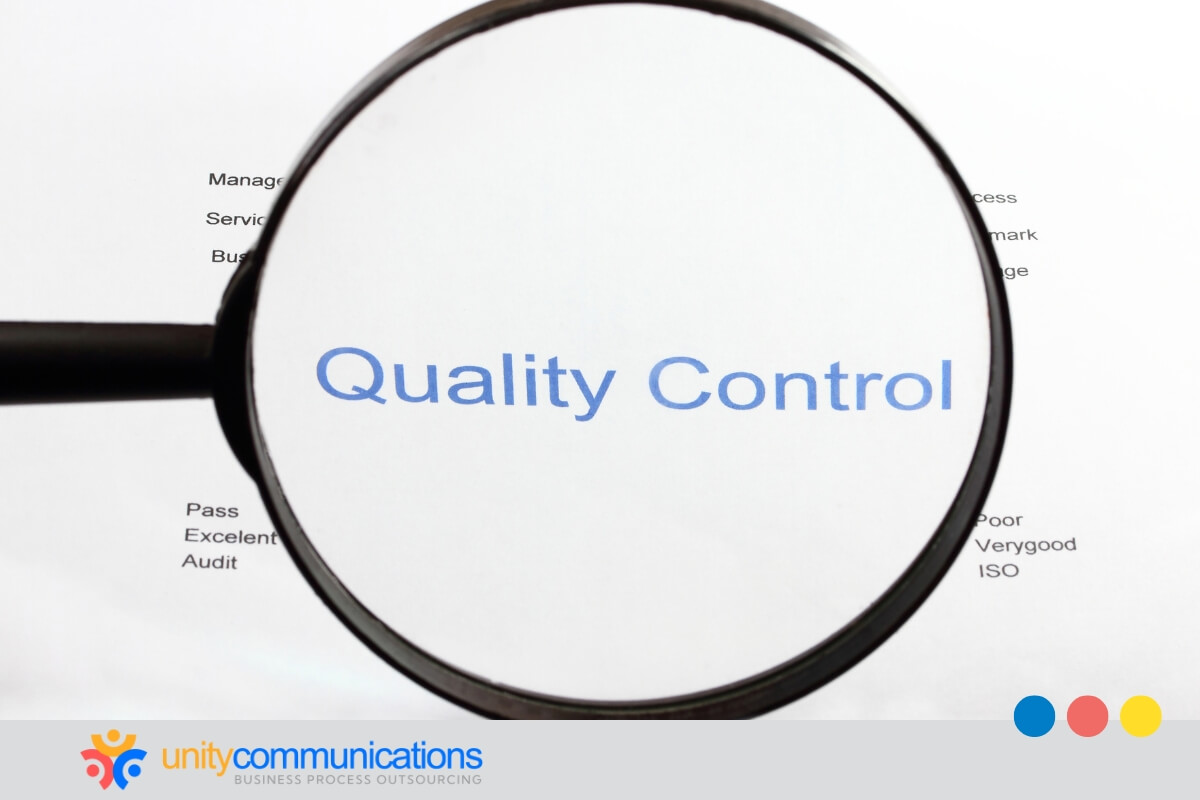IN THIS ARTICLE
Table of Contents
Companies turn to more innovative outsourcing strategies to decrease the pressure to streamline operations and remain competitive. One popular approach is multi-vendor outsourcing, where they work with multiple vendors or service providers to access diverse expertise, reduce risks, and enhance service quality.
Should you consider business process outsourcing (BPO) in your business? This article explores the primary benefits of multi-vendor outsourcing in optimizing costs and increasing agility. Let’s break down why the multi-vendor model might be your best move.
7 benefits of multi-vendor outsourcing

The global BPO market is booming. According to Statista, the BPO market is projected to reach $414.81 billion in 2025 and achieve a steady annual growth rate of 4.33%, reaching $491.53 billion by 2029. This significant growth indicates that companies are turning to outsourcing to streamline operations.
But what is BPO, and why is it so popular? It involves delegating specific tasks to external providers. The functions of BPO are wide-ranging, from back-office operations to front-line customer interactions.
Businesses outsource to focus on their core competencies, decrease operating costs, and scale faster. However, they adopt a multi-vendor outsourcing model to further maximize these advantages.
Let’s explore seven key reasons this model is gaining traction.
1. Access to specialized expertise across different vendors
Clutch reports that companies primarily outsource to boost efficiency (24%) and access expert support (18%). Although a single BPO partner can deliver these advantages, a multi-vendor outsourcing strategy amplifies them by tapping into a broader range of specialized expertise.
Instead of depending on one provider for all services, you can collaborate with experts in distinct BPO functions, such as information technology (IT) services, customer support, or finance. For instance, your company might entrust the IT infrastructure to a tech-focused firm while engaging a separate provider for multilingual customer service.
With this targeted approach, your business can receive higher-quality, more tailored service in each area and maximize performance, flexibility, and long-term value.
2. Minimize operational risks
One of the benefits of multi-vendor outsourcing is reducing the risk of depending on a single provider for critical services. If one experiences disruptions due to technical issues, financial instability, or other challenges, others can continue to perform their functions to maintain business continuity.
Suppose your company delegates payroll and employee benefits to a BPO team and cloud infrastructure management to a separate IT vendor. A system outage in your HR provider’s services won’t affect your tech operations. You can continue running smoothly while resolving the HR issue.
Similarly, if a logistics partner encounters delays, you can shift part of the workload to another vendor handling distribution in a different region to prevent bottlenecks and disruptions.
This diversified approach helps you remain resilient and adaptable. Spreading responsibilities across multiple vendors minimizes downtime and allows quick task reallocation. By ensuring that no single failure can derail operations, multi-vendor outsourcing strengthens risk management while maintaining seamless operations and service delivery.
3. Gain leverage for better pricing
Working with multiple vendors strengthens your bargaining position on pricing, contract terms, and service levels. As providers compete for your business, you can leverage competitive proposals to negotiate better deals and achieve cost savings without sacrificing quality.
If one vendor raises prices, you can explore alternatives or use existing relationships to secure more favorable terms. This strategic advantage makes multi-vendor outsourcing an effective way to control costs while maintaining high service standards.
For instance, a software provider increases licensing fees. You can negotiate discounts, seek bundled services, or transition to a competitor offering better value.
Multiple vendors allow you to negotiate volume-based discounts, as suppliers might offer lower rates in exchange for a larger share of your business. This ongoing competition ensures your company consistently receives the best possible pricing and service agreements.
4. Flexibility to adapt to changing business needs
One of the standout benefits of multi-vendor outsourcing is agility. You can scale services or pivot strategies fast based on market shifts or operational demands.
If you are a retailer experiencing seasonal spikes in customer service, you can engage another provider to handle increased call volumes without disrupting existing operations. Once the need eases, you can scale back or discontinue the additional support without affecting your core vendor relationships or long-term contracts.
As priorities change, multi-vendor outsourcing also entails adding new partners with specialized skills or reallocating workloads. For example, you might bring in a vendor with e-commerce fraud prevention expertise during a major online sale and shift focus to a logistics partner during peak shipping season.
Additionally, having multiple vendors accelerates innovation and technology adoption because you are not locked into a single provider’s capabilities. You can quickly adapt to emerging trends and customer expectations, remain relevant, and reinforce your competitive edge.
5. Enhanced innovation from a broader pool of ideas
Partnering with multiple vendors exposes your business to various perspectives, technologies, and creative solutions. Different BPO providers offer unique approaches and innovations, which can spark new ideas and improvements across multiple operations.
A vendor specializing in AI-driven customer support might introduce advanced chatbots, while another focused on data analytics could deliver insights to improve customer engagement strategies. Another partner with expertise in workflow automation might implement robotic process automation (RPA) to accelerate task completion and reduce errors, enhancing overall efficiency.
Diverse ideas and tools optimize cross-functional collaboration, drive continuous innovation, and help you stay ahead of the curve.
6. Enhanced quality control through diversified sourcing
Working with multiple outsourcing partners allows you to set and maintain high-quality standards by comparing their performance. In an outsourcing arrangement, you can monitor service delivery from different providers, identify their best practices, and address inconsistencies more effectively.
For instance, one customer support vendor consistently outperforms another in response time and customer satisfaction. You can use that insight to raise expectations or offer additional training to underperforming providers. This approach leads to consistent, high-quality outcomes across all outsourced services.
Additionally, having multiple vendors fosters a culture of accountability, as each provider knows their performance is being measured against competitors. Over time, this drives continuous improvement, pushing vendors to enhance their service levels and deliver more excellent value to your business.
7. Strategic vendor relationships that foster long-term benefits
Nurturing partnerships with multiple vendors fosters long-term collaboration and mutual growth opportunities. Nurtured BPO relationships encourage providers to invest in better service delivery, innovation, and tailored solutions that align with your evolving needs.
Suppose you consistently work with a trusted IT services vendor. In that case, you might benefit from early access to new technologies, proactive security measures, or customized support that enhances operational efficiency.
Similarly, a long-term relationship with a customer support provider might lead to improved training programs, dedicated account managers, or shared performance data that drive continuous improvement.
Over time, these partnerships can also result in preferential pricing, exclusive service offerings, or joint development initiatives that further strengthen your competitive edge. These trustworthy alliances contribute to loyalty, reliability, and sustained success. Strong vendor relationships enable your business to adapt faster, scale smarter, and innovate more confidently.
The bottom line

In a competitive market, flexibility and specialization are critical. Multi-vendor outsourcing empowers your business to access specialized expertise, reduce risks, and enhance flexibility in your operations. Partnering with multiple BPO vendors drives innovation, promotes competitive pricing, and maintains service quality. Lastly, this approach strengthens resilience against disruptions and supports long-term strategic relationships.
Curious how the benefits of multi-vendor outsourcing could transform your operations? Let’s connect and build a more innovative, agile BPO strategy today.





